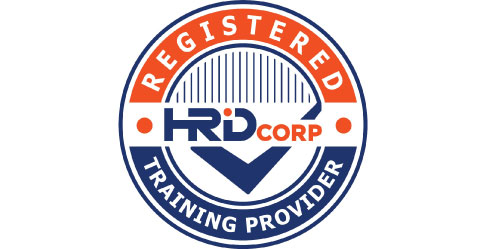Turning Data
Into Profits
- About
- IR 4.0 Solutions
Production
Engineering
Maintenance
- Case Study
- Resources
- Partners
- Training
- Investment
- IR 4.0 Grant
- Contact
- About
- IR 4.0 Solutions
Production
Engineering
Maintenance
- Case Study
- Resources
- Partners
- Training
- Investment
- IR 4.0 Grant
- Contact









